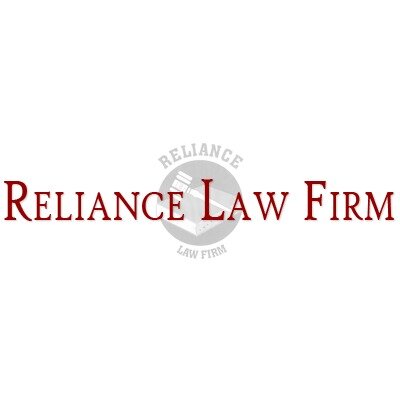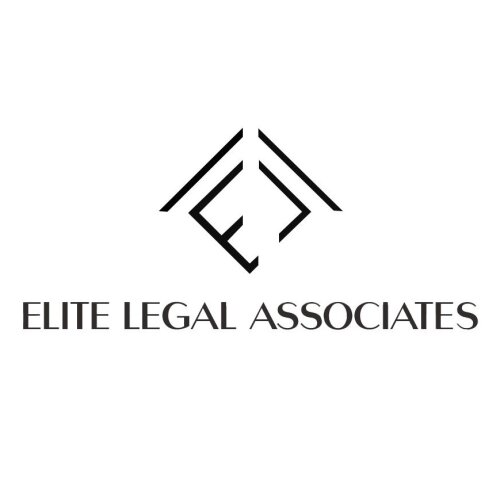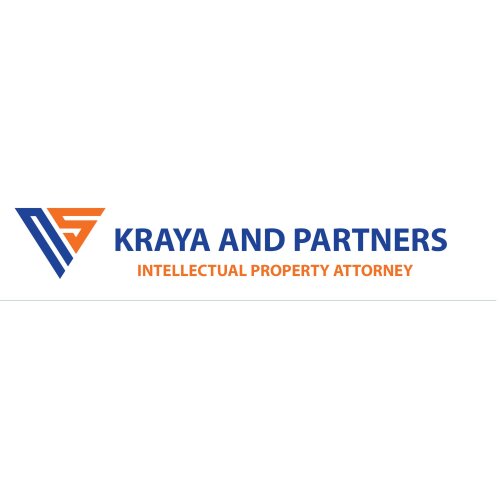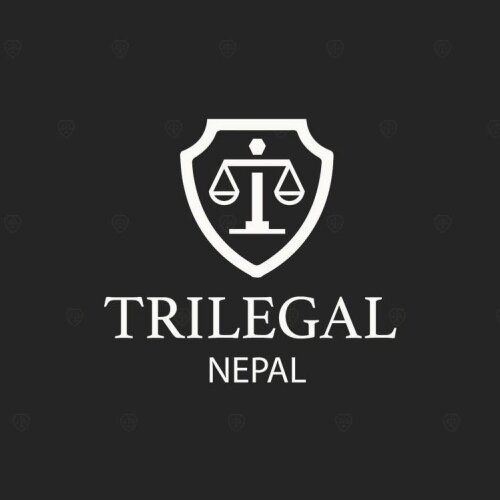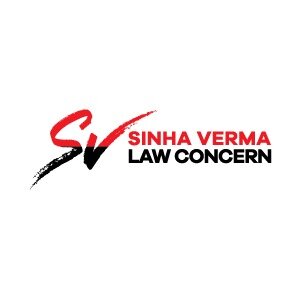Best Copyright Lawyers in Nepal
Share your needs with us, get contacted by law firms.
Free. Takes 2 min.
Or refine your search by selecting a city:
List of the best lawyers in Nepal
About Copyright Law in Nepal
Copyright law in Nepal is primarily governed by the Copyright Act, 2002, which aims to protect the rights of creators over their original works. These works may include literary, artistic, musical, and dramatic forms, as well as software, broadcasts, and databases. The law extends to any creative expression fixed in a tangible medium, giving authors exclusive rights to reproduce, distribute, and display their works. Nepal's law is also in tune with international standards, being a member of the Berne Convention for the Protection of Literary and Artistic Works.
Why You May Need a Lawyer
Copyright issues can be complex and often require legal expertise for proper resolution. Here are common situations where you might need legal help:
- Disputes over ownership or control of creative works.
- Infringement cases where your work is used without permission.
- Drafting and negotiating licensing agreements.
- Advice on fair use and how it applies to a specific situation.
- Assistance with registering copyrights or understanding the benefits.
- Representation in court if a dispute arises.
- Understanding international copyright implications for works shared online.
Local Laws Overview
The Copyright Act, 2002, along with its amendments, outlines the legal framework for copyright protection in Nepal. Key aspects include:
- Registration, while not mandatory, offers additional protection.
- Exclusive rights granted to authors include reproduction, adaptation, and public presentation.
- Duration of copyright protection generally lasts for the lifetime of the author plus 50 years.
- Provisions for fair use exist, especially for education, research, and criticism.
- Strict penalties for copyright violations, including fines and imprisonment.
Frequently Asked Questions
What is copyright?
Copyright is a legal right that grants the creator of original work exclusive rights to its use and distribution, with the intention of enabling the creator to receive compensation for their intellectual investment.
How do I register a copyright in Nepal?
Copyright registration in Nepal is managed by the Ministry of Culture, Tourism, and Civil Aviation. You can apply with a filled-in form and submit a copy of the work you wish to register.
Is registration necessary for copyright protection?
No, registration is not mandatory for protection under the law, but it can serve as evidence of ownership and help in legal actions.
What is fair use?
Fair use allows limited use of copyrighted material without permission from the copyright owner for purposes such as criticism, comment, news reporting, teaching, scholarship, or research.
Can software be copyrighted in Nepal?
Yes, software is considered a literary work under Nepali copyright law and is eligible for copyright protection.
How long does copyright last in Nepal?
Copyright in Nepal lasts for the lifetime of the author plus 50 years from the end of the year in which the author dies.
What constitutes copyright infringement?
Infringement occurs when a copyrighted work is reproduced, distributed, displayed, or performed without the permission of the copyright owner.
What are the penalties for copyright infringement in Nepal?
Penalties include fines, imprisonment, and confiscation of infringing copies. The severity depends on the nature and extent of the infringement.
Can I use images from the internet for my project?
Using images found online without permission can constitute infringement unless the image is clearly marked as free to use or falls under fair use exceptions.
How can I avoid infringing on others' copyrights?
To avoid infringement, always seek permission for use, adhere to fair use guidelines, and consider using works that are in the public domain or have Creative Commons licenses.
Additional Resources
For further assistance and information regarding copyrights in Nepal, you may consider contacting:
- Ministry of Culture, Tourism and Civil Aviation
- Nepal Copyright Registrar’s Office
- Intellectual Property Protection Office
- Local law firms specializing in intellectual property law
- Online platforms like the Creative Commons that offer resources and licensing tools
Next Steps
If you need legal assistance in copyright matters, consider taking the following steps:
- Document all relevant information and evidence concerning your issue.
- Consult with a licensed lawyer who specializes in Nepalese copyright law.
- Discuss your case and explore the possible actions and solutions.
- Consider attending workshops or seminars on intellectual property held by professionals.
- Stay informed about updates and changes in copyright laws and regulations.
Taking these steps can help you understand your rights as a copyright holder or user and navigate any legal challenges effectively.
Lawzana helps you find the best lawyers and law firms in Nepal through a curated and pre-screened list of qualified legal professionals. Our platform offers rankings and detailed profiles of attorneys and law firms, allowing you to compare based on practice areas, including Copyright, experience, and client feedback.
Each profile includes a description of the firm's areas of practice, client reviews, team members and partners, year of establishment, spoken languages, office locations, contact information, social media presence, and any published articles or resources. Most firms on our platform speak English and are experienced in both local and international legal matters.
Get a quote from top-rated law firms in Nepal — quickly, securely, and without unnecessary hassle.
Disclaimer:
The information provided on this page is for general informational purposes only and does not constitute legal advice. While we strive to ensure the accuracy and relevance of the content, legal information may change over time, and interpretations of the law can vary. You should always consult with a qualified legal professional for advice specific to your situation.
We disclaim all liability for actions taken or not taken based on the content of this page. If you believe any information is incorrect or outdated, please contact us, and we will review and update it where appropriate.
Browse copyright law firms by city in Nepal
Refine your search by selecting a city.





